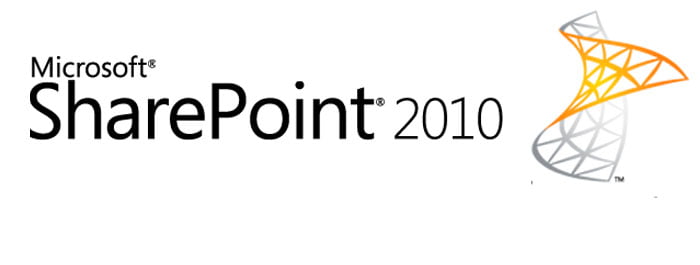What is SharePoint 2010 used for?
SharePoint is a web-based information storing platform.
In other words, any type of file – documents, articles, pictures, etc. – can be shared with many users in different locations as long as they have access to the internet.
Shareable documents can have the following file extensions: .accdb, .docx, .xlsx, .pdf – as well as many more.
SharePoint is user friendly and provides the user an opportunity to easily design and orchestrate a web page. Components of the web page are known as “web parts“.
A SharePoint page allows users who have something in common, perhaps working on the same project, the ability to share thoughts through conversion threads and collaborate on files by reading, editing, and saving changes to shared files.
Companies that are taking advantage of SharePoint use it for projects that promote collaboration among colleagues within the same department or who may be located across globe.
SharePoint is a central common place that people can access any time of the day or night and provoke thought and idea additions to a project.
Current business processes that SharePoint can handle include housing conversations that are too short for email and that are intended for a set audience.
SharePoint has calendars which staff can use for tracking vacation, absences, and other employee matters.
SharePoint is often used as a glorified shared drive and a common place for people to save documents for others review.
Workflow capabilities allow a document to be passed from one coworker to another and then to a manager for approval if necessary.
Why use Sharepoint and what are its benefits?
- Global capabilities – can access anywhere there is internet capability
- Restricted access (by invite only)
- Allows for multiple users – ideal for teams / workgroups
- Holds documents, files, pictures, movies
- Has calendar function
- Can use discussion forums / threads
- Workflow can be established to pass documents between users
- Speaks the same language as Microsoft products(access , excel, infopath, onenote, outlook, powerpoint, publisher, vizio, word)




